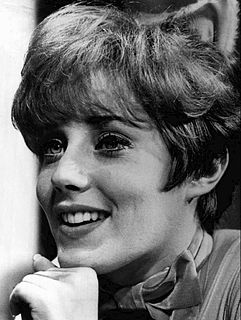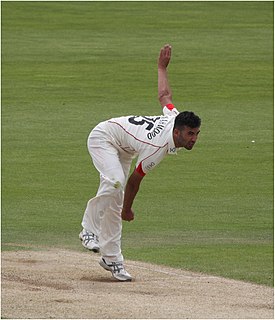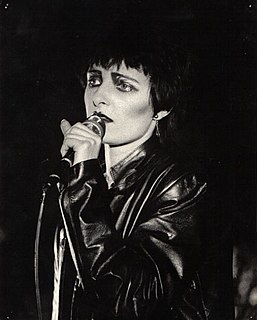A Quote by Lesley Gore
I can remember in the early 60s that there were a couple of really dynamic women performers at the time - Brenda Lee, there was Connie Francis.
Related Quotes
When I began writing poems, it was in the late 60s and early 70s when the literary and cultural atmosphere was very much affected by what was going on in the world, which was, in succession, the civil rights movement, the antiwar movement, and the women's movement in the 60s, 70s, and into the early 80s. And all of those things affected me and affected my thinking, particularly the Vietnam War.
St. Lucia was a place were we used to go on vacation - not every year, but we went there a couple of times. I remember the last time that I went there, I was really small, and the only memory that I have is that my dad was going swimming or fishing one day - and I really, really wanted to go - but I was too young.
I was really inspired by these larger-than-life female artists like Lee Bontecou and Eva Hesse and Yvonne Rainier and the incredible Lynda Benglis. There were many women who were really driven and became successful, who were part of essential paradigm shifts, despite the fact that the art world was still dominated by men.
When you look at what we can call the golden era of concept albums, which starts in the mid or late '60s and ends maybe in the early '80s, it's an interesting time for music. You see all these very established and popular acts and bands and artists that were somehow on the top of their game but really trying to experiment.



































